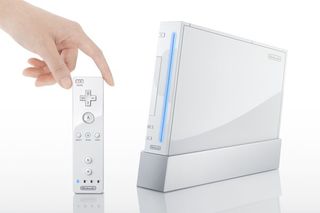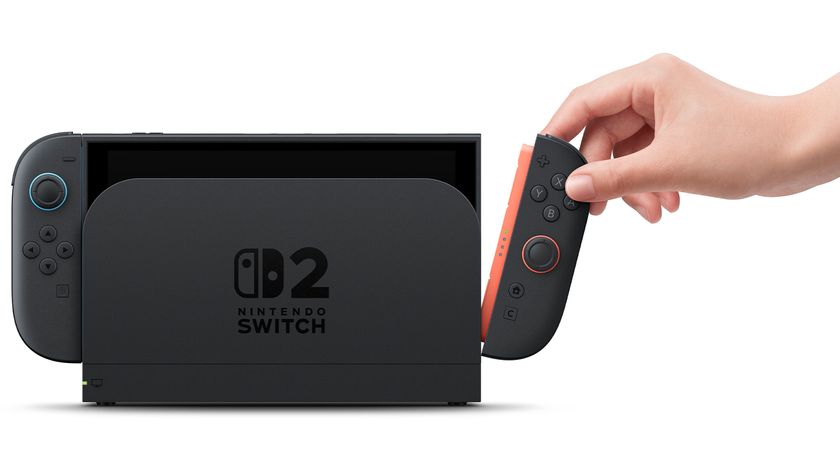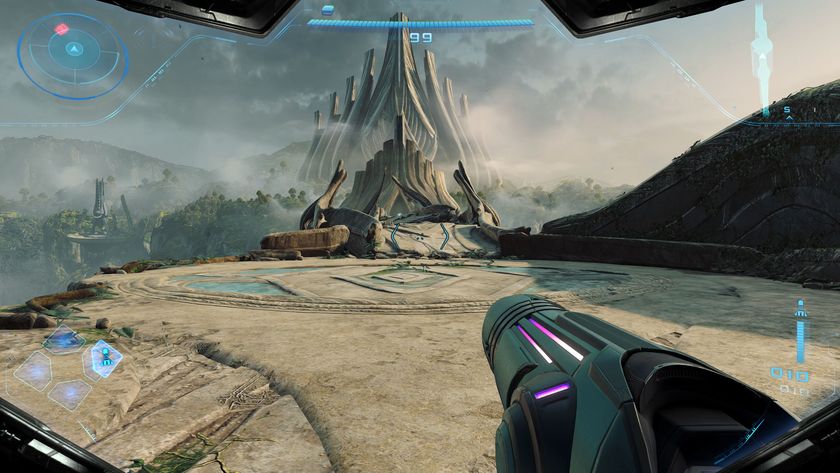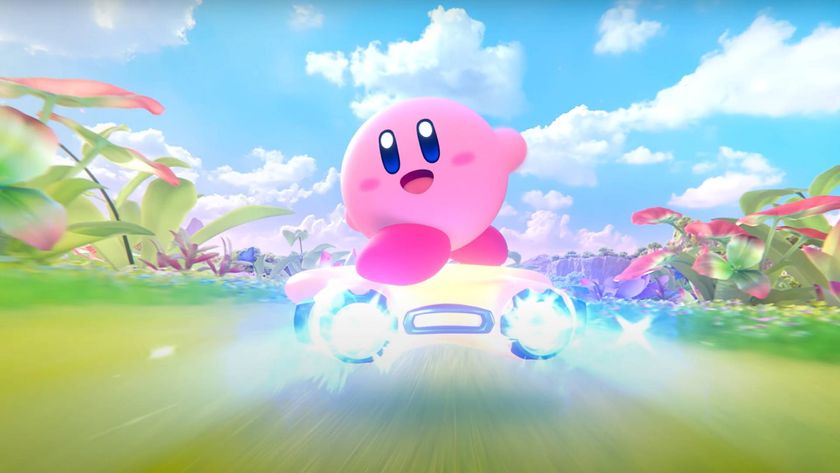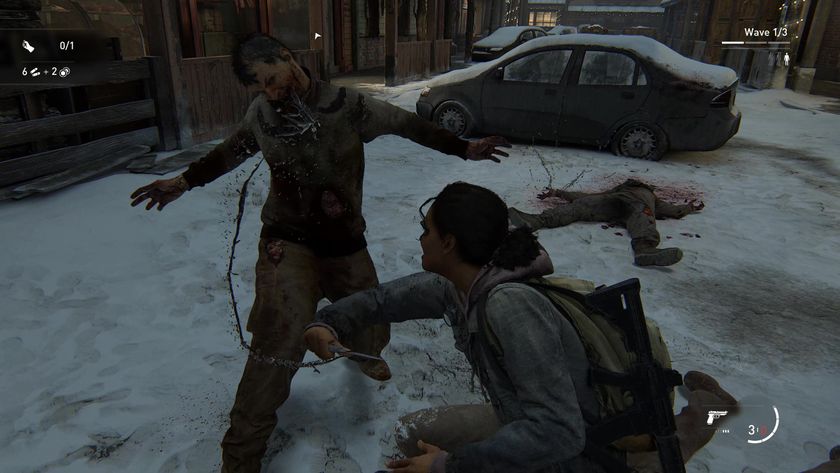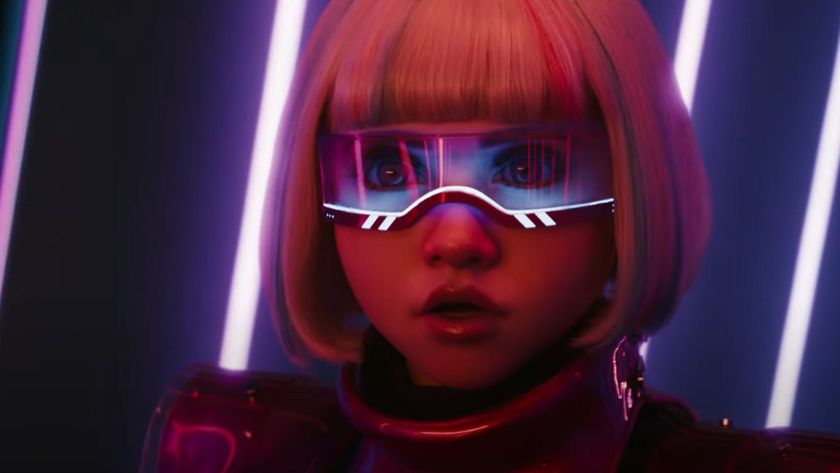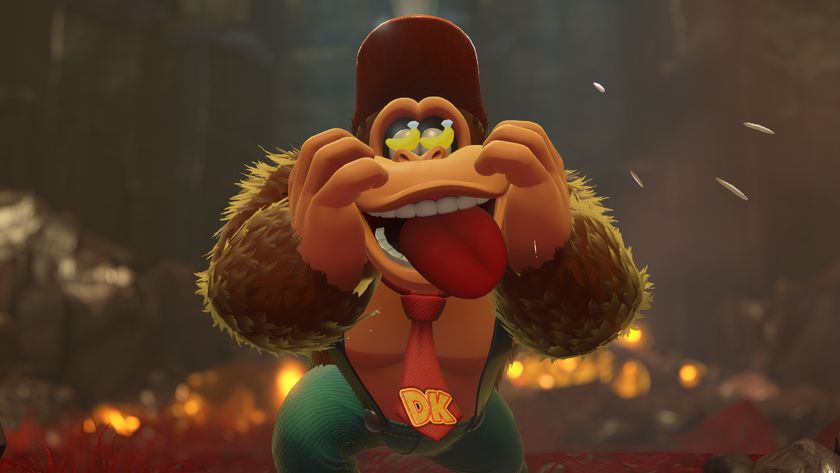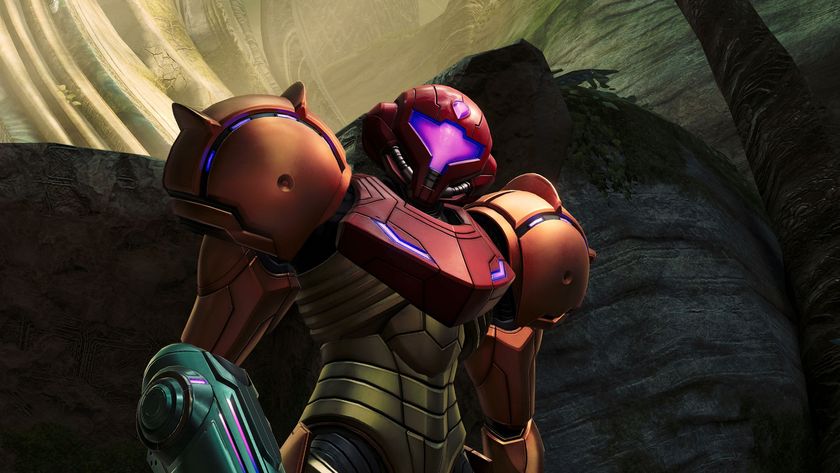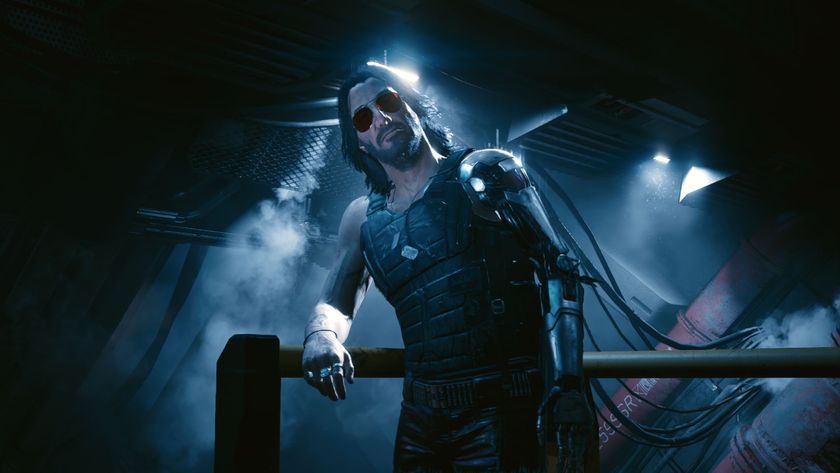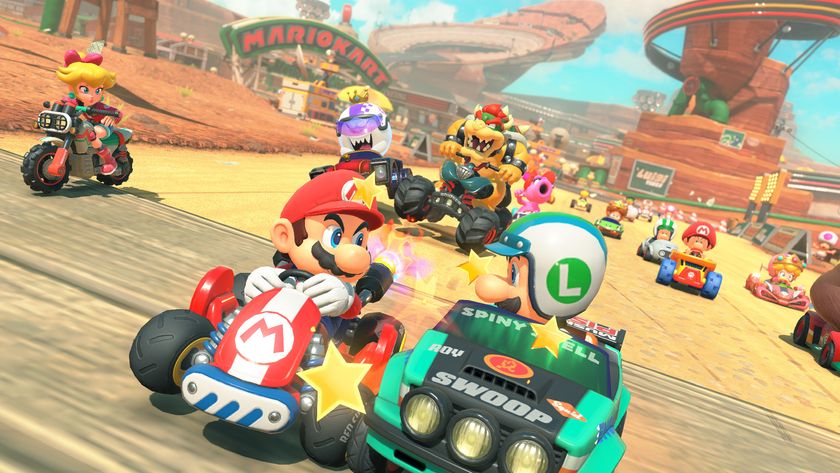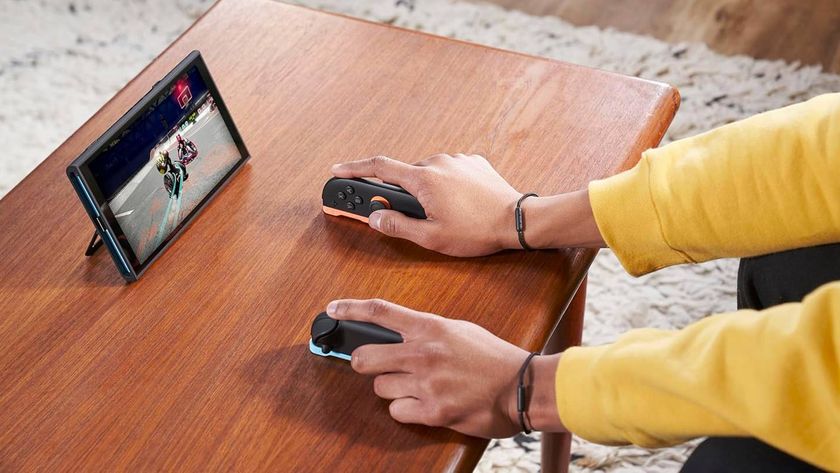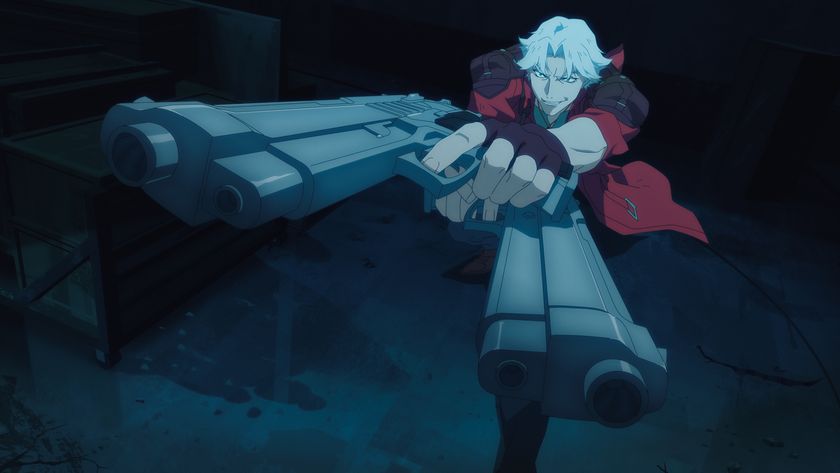Revolution controller: insider interview
Nintendo's head of European marketing sheds more light on next-gen device
Shigeru Miyamoto recently stated that Nintendo was still adding and removing various functions of the controller - can you explain the transitions the device has undergone during development?
We spent a lot of time puzzling over what types of human interface we can do that will be really beneficial to both new gamers and existing gamers, and we've considered all kinds of ideas.
You've seen all the different kinds of technologies that are out there and we needed something that was accurate, reliable and relevant for our audience.
Mr Miyamoto is correct that the design is not 100% final. It is basically complete, but we reserve the right to move buttons and round corners. However, we have not shared everything that there is to know about Revolution or its controller.
So there are still some secrets to be revealed?
C'mon, we're Nintendo - we like to hold things until the very end!
Sign up to the 12DOVE Newsletter
Weekly digests, tales from the communities you love, and more
Is this controller a definite statement of Nintendo's intent to broaden gaming horizons for a new audience?
If we can use the DS as an analogy where we have a similar thing happening and a bit of experience, we know that a lot of the consumers who bought 'touch-generation games' - which are really those games designed to reach out to new consumers - we know that those consumers have come back and bought WarioWare and Mario and more traditional games, so they are becoming active gamers again.
What they need is that entry point, but gaming is a bit of an addiction once you get started, you just have to get started. I think they will converge. Certainly there will be games written to address new consumers or written to address all consumers, and at the same time we'll continue to build those games for the existing market, for those core gamers today who got us here in the first place - we can't abandon them. Nintendo is in a unique position in that we've always had the ability to write games for everybody. Zelda, Pokemon, Mario 64 or whatever, we've had the ability to reach the broadest range of people all along, we're just going to expand on that.
Do you think the Revolution is going to distance Nintendo even more from Microsoft and Sony?
We're following our own path, to be sure. We have a different business model than they do, we're not trying to be the centre of your home for the digital distribution of music and movies and things.
We're an entertainment company and we make hardware and software to provide our product, which is entertainment. If that means we go down a different path to our competitors, then so be it. We don't measure our success the same way as they do.
When will we be able to get hands-on with the Revolution and its controller?
I don't know when that's going to be yet. We really want you to experience the games in a complete form and we tend to wait until then.
The example that we have with the DS is that in January 2004 when we first announced it we said it had two screens because that's pretty easy to understand. We didn't say anything about the touch-screen until you could touch it and experience it at E3 and I think we're going to go the same route with Revolution.
We've explained as much as we can and now we need to show you with nearly finished games so that you can really get a sense of the overall experience.
